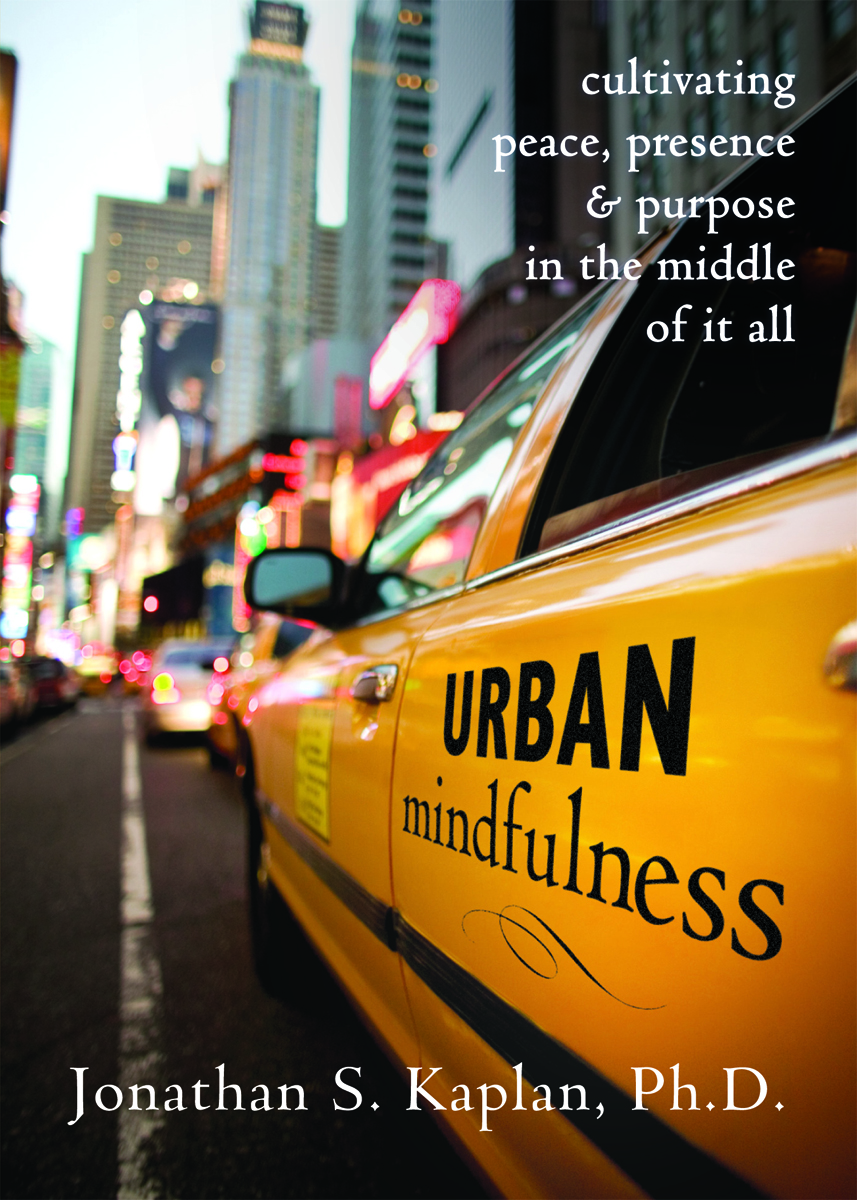Saturday
Sep252010
Letting Go, While Being Followed...
 Saturday, September 25, 2010 at 06:02AM
Saturday, September 25, 2010 at 06:02AM  By Jenny Taitz, Ph.D.
By Jenny Taitz, Ph.D.Do you have a minute for the environment? Can I ask you a few questions about your hair? Do you like comedy? Spare change?
In a single morning, 3 people have approached me on busy corners in the midst of the morning rush. To be honest, I find it tempting to look away or pick up my pace. When I encountered the first greeter, I picked up my cadence and was then followed for several feet with inquiries on my hair and by my own shame. I wonder if it would be possible to frame interruptions as moments to:
- Engender Compassion: For a moment, I begin to imagine how I would feel trying to attract attention in the midst of traffic and unpleasant weather. It can be difficult to be mindful of individuals’ circumstances. A person passing you a menu on the corner has dreams, pains, family members who are ill…
- Let go of Judgments: Judgments often fuel negative emotions and letting go of thoughts related to how unfair or annoying interruptions are may be instrumental in maintaining equanimity.
- Relax: Relaxing one’s expression also eases one’s experience. Have you ever tried half smiling? Releasing facial tension in your forehead and raising your upper lips ever so slightly (picture the Mona Lisa or Buddha) often changes your mood. This concept probably sounds too good to be true and like a pitch you heard on your commute. Give it a try.
Have a minute to let go?
(Photo provided courtesy of Andy Cross)
tagged  donation,
donation,  sidewalk solicitation,
sidewalk solicitation,  walking in
walking in  Letting Go
Letting Go
 donation,
donation,  sidewalk solicitation,
sidewalk solicitation,  walking in
walking in  Letting Go
Letting Go 


